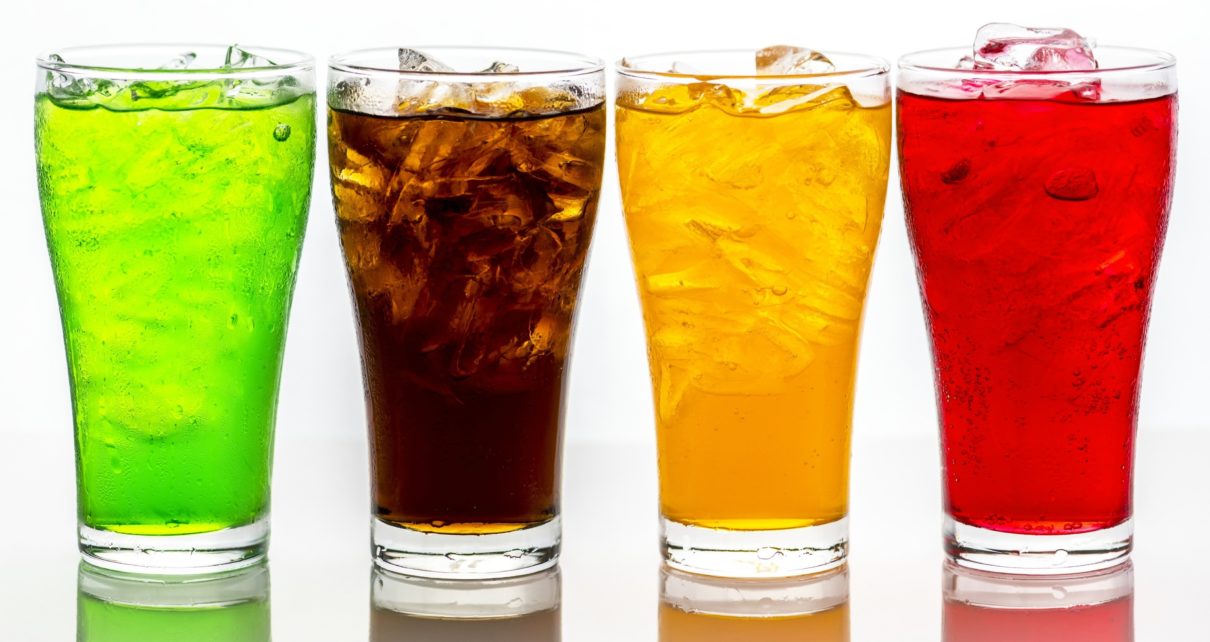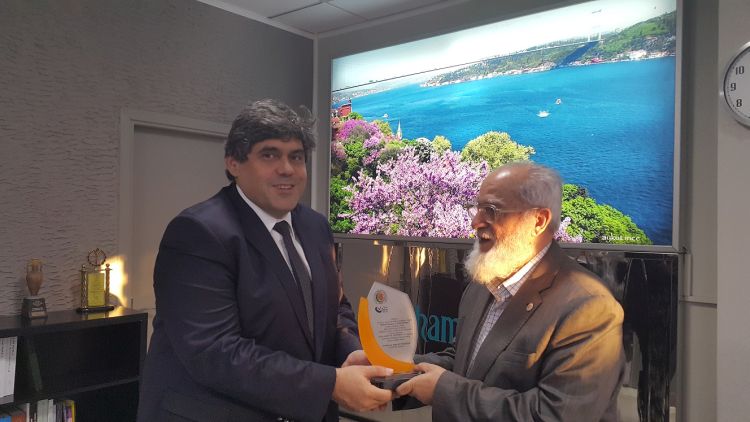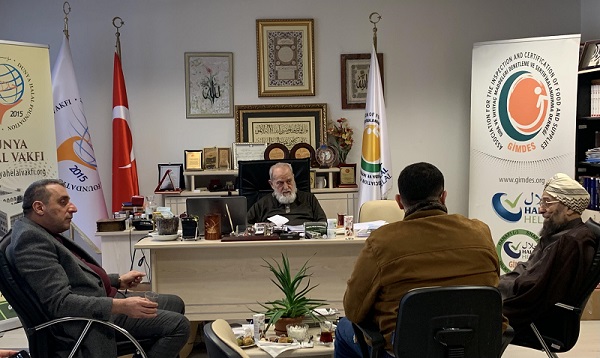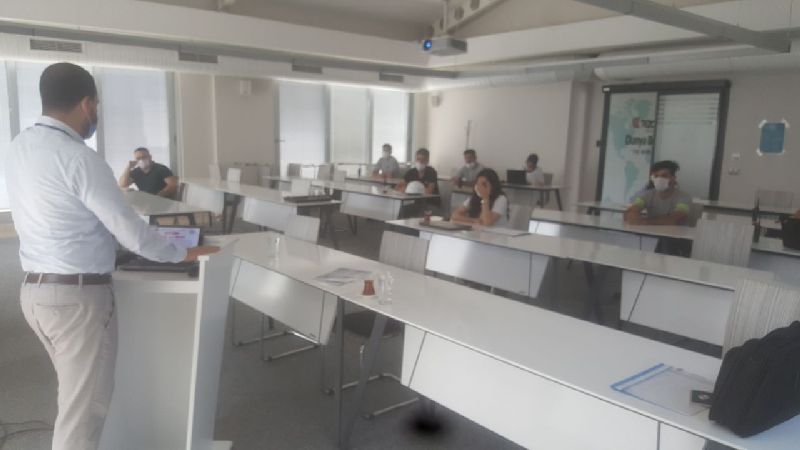Dr. Hüseyin Kami BÜYÜKÖZER
” And fight them, till there is no temptation (Or: sedition, persecution) and the religion is all for Allah; so in case they refrain, then surely Allah is Ever-Beholding whatever they do.” (Surah Al-Anfal – 39)
Beverages containing all kinds of intoxicants are classified as liquor. Drinks classified as alcohol are haram and najis. (Tract on Fiqh)
It was already known to connoisseurs. It is stated in the Food Codex of the world, and therefore of Türkiye, that alcohol can be found in all soft drinks that are carbonated, non-carbonated, fruity, fruitless, colored or colorless, whose names are specified as “Non-Alcoholic Beverages” in official documents.
The only difference is in their maximum allowable amount. We have stated this fact in our book, The Re-Food Report, which was first published 37 years ago and is now in its 12th edition. While the Turkish food codex allows up to 0.3 grams, some countries’ codex allows up to 0.5%. Companies that will produce this type of beverage in Türkiye can have up to 0.3 grams of alcohol in their products, that is, up to 3 grams of alcohol per liter. From where? Because all these drinks are artificial. They are obtained by mixing water, sugar (or artificial sweetener), natural or nature-identical artificial dyes and flavors. It is inevitable that ethyl alcohol is formed because of either the solvent in which these substances are stored as dissolved is ethyl alcohol, and this mixture undergoes more or less fermentation depending on the temperature of the environment. For this reason, alcohol must be present in the structure. Therefore, in the Food Codex, the upper limit of the alcohol that can be found in the content is specified. The problem is that this naturally occurring alcohol is not listed on the labels. In the examinations to be made on the labels of all these drinks, it will be determined that there is no information about the content of alcohol. The Muslim consumer wants this right. States and manufacturers should not avoid fulfilling this desire of the consumer by hiding behind the 0.3% armor.
The Ministry of Agriculture and Forestry, Provincial Directorate of Food, Agriculture and Livestock, Food Control Laboratories often must make these analyses. It should share this information with consumers.
Let’s not drink cola, soda, energy drinks sold in the market, whether it is written on the labels that they contain alcohol or not. Instead, we say let’s consume water, milk, ayran and sherbets that we will make in our homes and workplaces, our soda-type soft drinks that we will produce with natural soda and fruit juices, and GIMDES-controlled products produced by our Halal certified companies and sold in our HDM branches.





